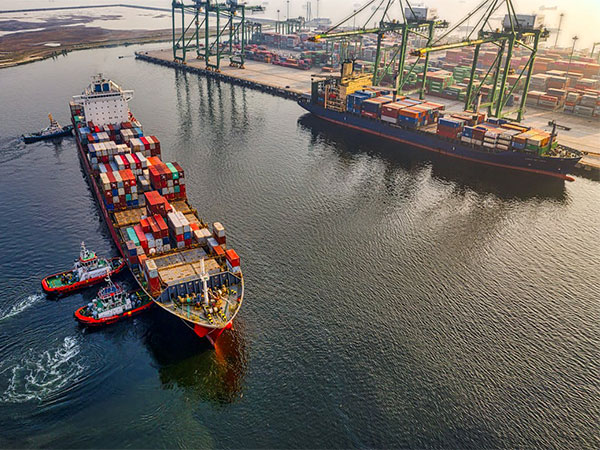India Exim Bank Predicts Strong Export Growth for Q2 FY2025 Despite Global Risks
India Exim Bank projects a 4.2% y-o-y growth in total merchandise exports to USD 111.7 billion for Q2 FY2025. Non-oil exports are also expected to see a 6.26% rise. The positive outlook, driven by robust manufacturing and services sectors, faces risks from global economic uncertainties and geopolitical tensions.

- Country:
- India
The Export-Import Bank of India has projected that the country's total merchandise exports will hit USD 111.7 billion in Q2 FY2025, reflecting a 4.2% year-on-year growth. Non-oil exports are set to reach USD 89.8 billion, showing a 6.26% y-o-y increase, according to the bank's quarterly report.
The report highlights that India's economy maintains strong activity, spurred by ongoing momentum in the manufacturing and services sectors. Additionally, anticipated global monetary easing and improved demand from trading partners are expected to boost export performance.
However, the forecast faces potential risks, including uncertain prospects for advanced economies, geopolitical tensions, the West Asia crisis, global supply chain disruptions, and increasing geo-economic fragmentation. India's merchandise and non-oil export sectors have grown positively for three consecutive quarters, a trend forecasted to continue into Q2 FY2025.
These growth forecasts are derived from India Exim Bank's quarterly reports, which are issued every May, August, November, and February. The projections utilize the bank's proprietary Export Leading Index (ELI) model. The next forecast, covering Q3 FY2025, will be released in November 2024.
The ELI model incorporates various external and domestic factors influencing India's export performance and is regularly reviewed by a technical committee of domain experts, including Dr. Sunil Kumar from the Reserve Bank of India and professors from Jadavpur University, Madras School of Economics, and Centre for Development Studies.
(With inputs from agencies.)










